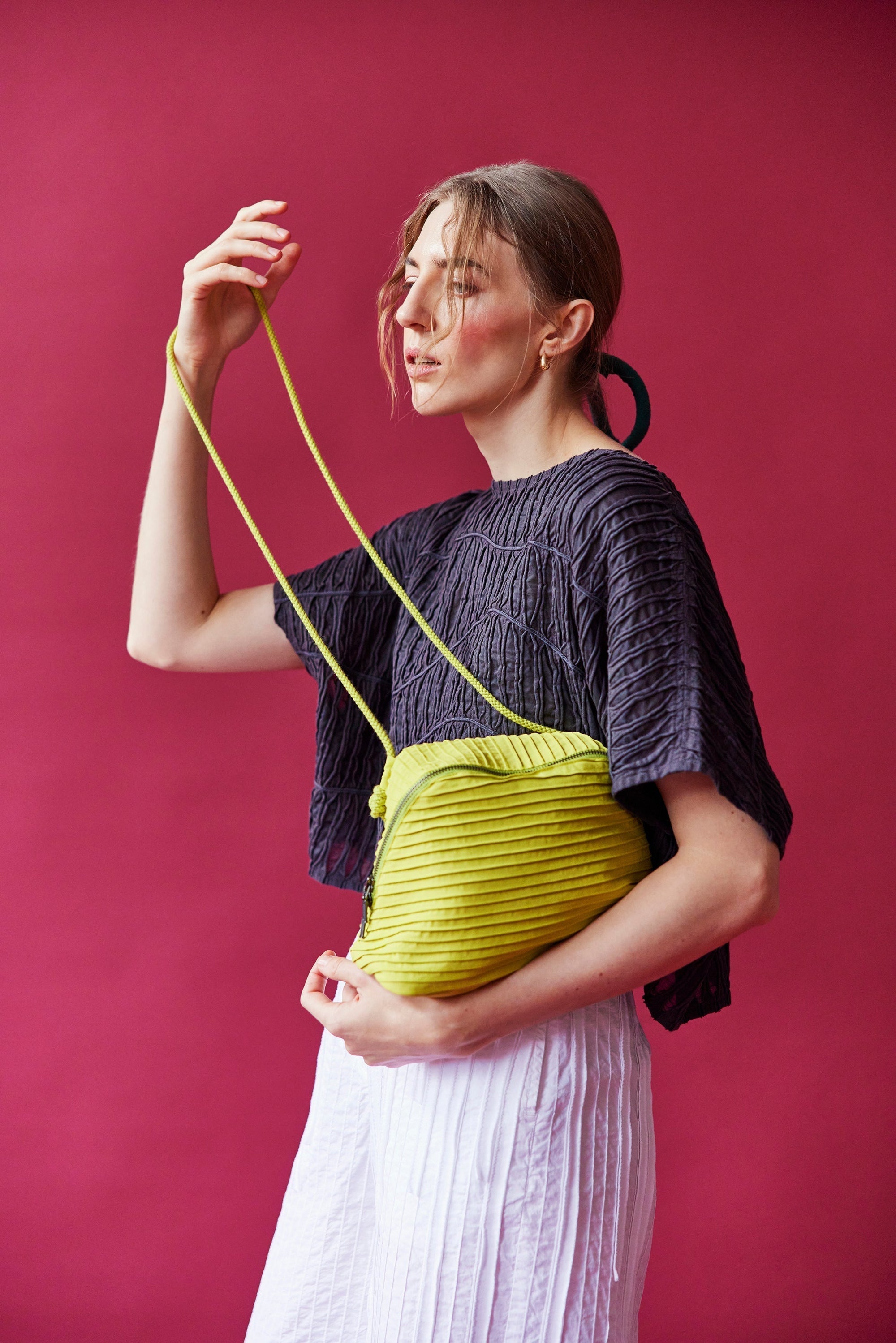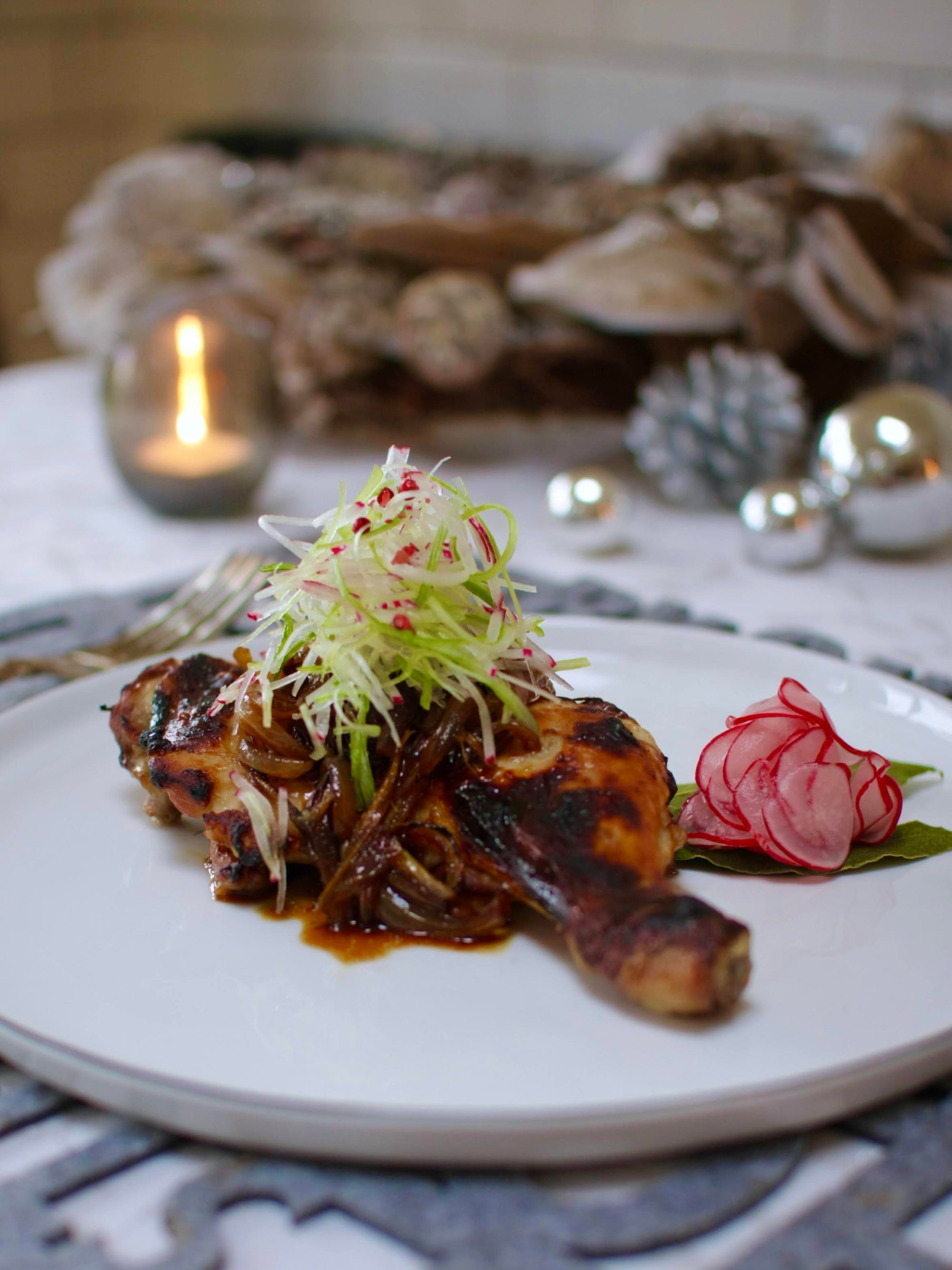Fashion and retail is an industry powered by women but led by men, so on this International Women's day, we talked with Yaccomaricard founder Mariko Watanabe (Mari). Who in the late 1970s along with her husband Isamu Watanabe (Ricardo) and friend Yasuko Hayata (Yacco) launched Yaccomaricard.
With a career spanning 40 years, Mariko has watched as the industry has adapted to an ever-changing and demanding world.

Clockwise from top left: Yasuko Hayata, Mariko Watanabe & Isamu Watanabe, 1977.
Our YM workforce comprises predominately women, designers, technicians and sales staff. Why do you think it is women who primarily fill those roles? Do you ever see the industry changing in that respect?
Speaking from the point of view of a Japanese woman and a retailer, I think this is a direct consequence of a male-dominated Japanese social system centred on men. It was taken for granted that men worked and women raised children and looked after the home. In Japan, a woman's right to vote was only established after the Second World War, and with it came a tremendous social change; more women went to work. The fashion industry was exciting and new and offered working hours that worked around a family, which drew a lot of women in.
Currently, within the company, we are training both men and women, so we are seeing a gradual change.
In the 1970s, there was a real momentum in Japanese fashion building. Was it an exciting time for fashion in Japan then?
When Yaccomaricard launched in the 1970s, it was a time of great exploration. There was nothing to wear, a feeling of dissatisfaction grew, the need for original fashion was getting harder to ignore, and a huge desire to buy fashionable clothing was building.
Rei Kawakubo's (Comme Des Garcon) movement against the old way of fashion began, individuality was born, and unique designers like her emerged.
Founder Mariko Watanabe.
Was starting a business a challenge?
As a woman born and raised after the war, I left home at 19 with a determination to be independent and to work. In Japan, we say that to live a thoughtful and independent life is to have light shining in your eyes. It felt natural to me, but it was a new way for women to live.
I dreamed of earning money and owning a car and starting a rally club with dreams of participating in the Paris Dakar Rally.
I gained business experience from a job within a vertical organisation and, in the evenings, spent time in Shinjuku where crowds of young people met. I met my husband there, and eventually, after our children were born, I started the business.
I look back at the challenges of being a woman raising children, running a company with a bedridden mother in law at home and recognise that I did achieve something unique, and now I feel satisfied that I can hand over the company to the next generation. (Mariko's daughter Sei is now Managing Director).
 Mariko Watanabe at Yaccomaricard Tokyo's office.
Mariko Watanabe at Yaccomaricard Tokyo's office.
If you were to start a label now, what would be the most significant differences to launching in the late 1970s?
When we launched the company, the desire for originality was so strong it felt like nothing could stop it. Now we live in an age of information overload, and in a sense, we can live without fashion, especially as social inequalities feel more prevalent than ever.

Archive: Yaccomaricard 1980.
Has the Yaccomaricard customer changed?
Many customers have joined us on our ageing journey from the start, and many have met us further down the road, but one constant is their desire to buy quality. Their geography is changing, and we send Yaccomaricard to more countries than ever. Our aim to be without boundaries has helped us appeal to different cultures and ages.
What do you think has been the most significant change in the industry? What do you predict for the industry in the future?
The most significant change has been technology and what it offers, the collection of information that enables trend forecasting and E-commerce especially. Technology also means our reach and connection to our customer is closer.
In future, I feel social and environmental responsibility within the industry and at all price levels will become more transparent, and customers should want to know who has made their clothes.
What has been your most significant achievement?
Looking back over my 43 years, I feel happy with what I achieved and the foundations I developed during that time. We created fashion with such a global appeal and established Yaccomaricard in the UK and Thailand. Specifically, I am proud to have brought the know-how of Japanese dyeing technology to Thailand and established our production base there. For 32 years, we have worked in a great partnership, which shows in each piece's quality.

Archive: Yaccomaricard 1980.
What are your favourite pieces from the S/S 22 collection?
The details in this collection are exquisite and gentle. I am a fan of longer length shirts, and I wear them as coats in the warm Tokyo summer.
What do you think is the appeal in the West of Japanese fashion?
I think it's because there is a great trust in the spirit of Japanese craftsmanship in the West.
Which powerful woman in the industry do you admire the most?
I admire Rei Kawakubo immensely; she is a great businesswoman and visionary.




